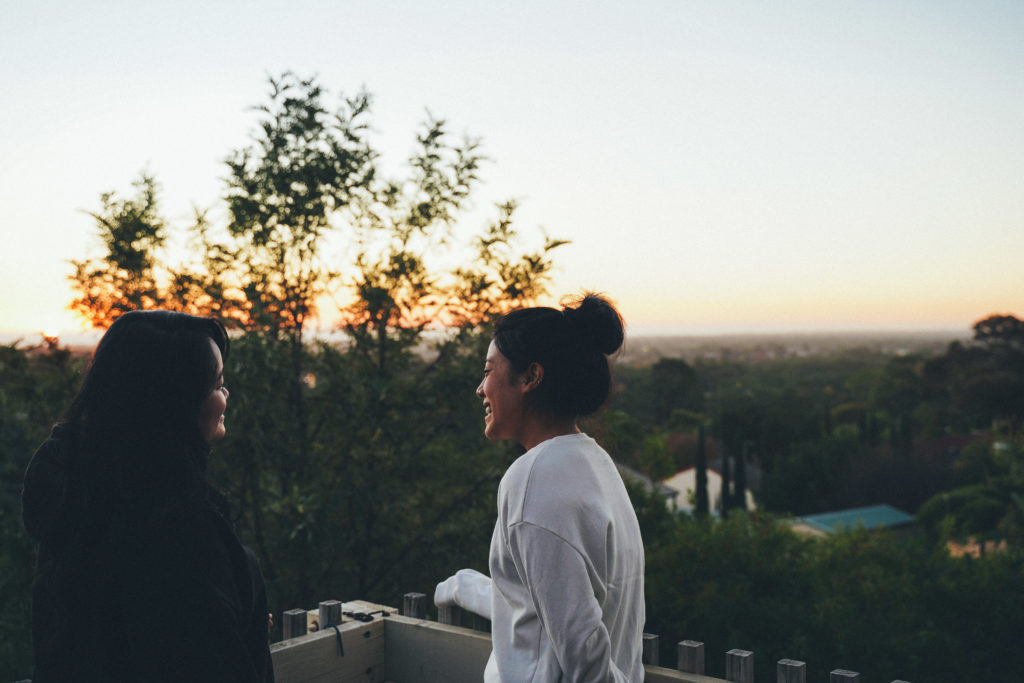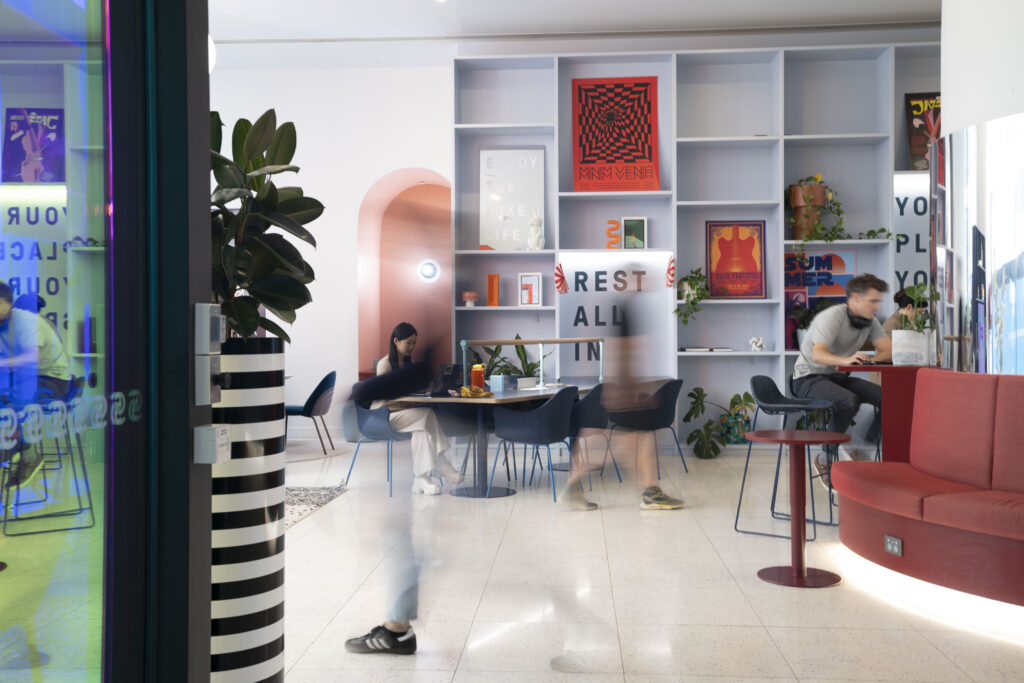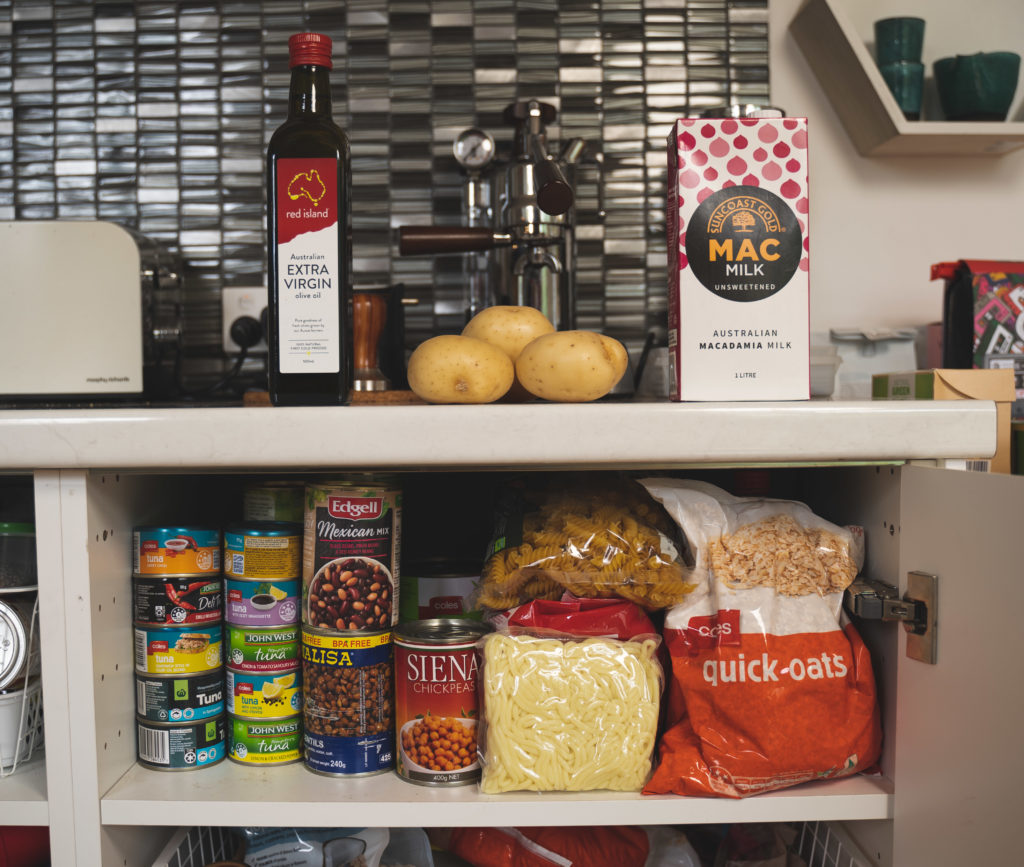Living in a share house during the COVID-19 pandemic is a reality for many. But, being stuck inside can be exhausting, especially when your family or housemates are starting to drive you insane. The frustration and boredom of isolation often feels even worse when you’re in dire need of privacy, and you may find yourself lashing out at the people you live with rather than supporting them.
Maintaining healthy relationships is vital to your mental health, and time in isolation is a great opportunity to improve household communication. Follow these steps to manage your relationships successfully whilst stuck inside.
Normalise the situation
COVID-19 has brought on significant changes, and adjusting to a new lifestyle and its accompanying anxieties will take time. The first step to maintaining healthy relationships in isolation is acknowledging that the situation is unusual and frustrating. This means that you may not be acting like yourself whilst processing these major changes. Try to lower expectations of yourself and others, being aware that shifting circumstances may cause people to react out of character. Having realistic expectations of each other will help you to overcome disagreements and act from a place of kindness rather than resentment; focus on setting an emotional tone of acceptance and tolerance, especially when reactions are heightened by anxiety and stress.
Prioritise mental health
Maintaining your own mental health is a vital step to handling extended time with others. Acknowledge that feeling anxious, worried and overwhelmed is a normal part of navigating change, and notice, without judgement, any negative feelings that may arise.
Prioritising your wellbeing includes sticking to a daily routine, limiting excessive media coverage and shifting your perspective to view isolation as an opportunity rather than an obstacle. Take stock of the time isolation may afford you to spend on personal growth, without putting unnecessary pressure on yourself to be productive during this challenging period.
Maintain open, honest communication
Communication is paramount to any relationship, especially when you’re in each other’s space week after week. Establish an honest dialogue about your feelings and stressors early on, being respectful of each other’s emotions and acknowledging that everyone copes with change differently. Once you have communicated how isolation is making you feel and made others aware of how you may react under pressure, strategise ways to overcome future conflict together. Ideas include discussing the issue at hand, taking some time alone or simply doing a fun activity together.
To maintain regular communication, try doing a daily check-in with others to chat about how you are coping with COVID-19 and what you might need from each other. Making assumptions about what other people are thinking only creates conflict, so prioritise honest discussion and remember that negative reactions can be a call for support.
Avoid blame
When isolation is making you feel restless, anxious and lonely, it can be easy to blame these feelings on those closest to you. Keep in mind that, although you may be frustrated by the person or people living with you, your annoyance is probably misdirected anger toward the situation.
To avoid blaming others, take responsibility for your feelings by using statements such as “I feel”, rather than “you do this…”. Shifting from an outlook of blame to an outlook of ownership will help you feel in control of your emotions and constructively handle issues that may arise. When managing conflicts, make sure to prioritise every point of view; falling into the trap of tunnel vision perspective will only lead to more severe disputes in the future.
Establish personal space
Isolation anxieties generally revolve around a lack of socialisation, but being stuck inside with the same people can make you desperate for some privacy. Everyone needs time to decompress alone, and setting up personal spaces will keep your household balanced and conflict-free. Be aware of closed doors, and allow others the space they need to reflect alone; try not to take others’ need for space personally, and get comfortable asking for time alone in return.
Respecting personal space includes cleaning up after yourself and being conscious of noise limits. Make sure to implement strategies to maintain a pleasant living space during isolation, dividing household chores fairly to avoid conflict and keeping personal items away from shared spaces. Check in with others before playing music and other media, keeping noise within a reasonable limit and ensuring everyone is comfortable with content played in shared spaces.
For more information on looking after your mental health during COVID-19, as well as support, here are some useful resources:





